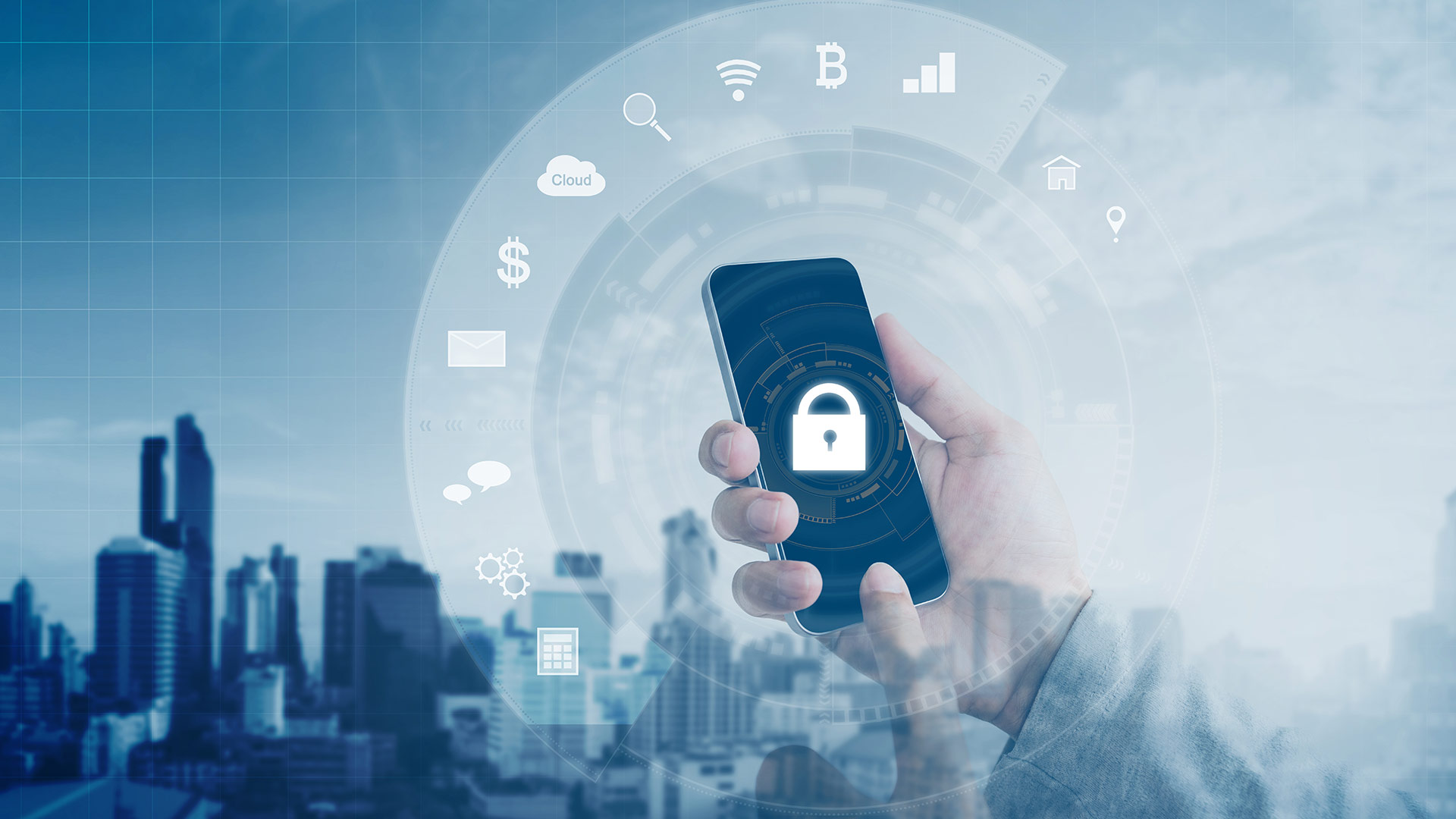
In the modern world, smartphones and tablets play a huge role, so the security of mobile applications becomes more critical every day. While this software helps us stay connected, facilitates work, and provides users with easy access to bank accounts and other relevant information.
In addition, such software can become vulnerable to cyber-attacks and digital data theft. This is the reason why you should know where you should search and download free software so that you can avoid unpleasant consequences.
Safety risks
Malicious software is one of the main threats. Such harmful software can be installed on the device through vulnerable points in the computer hackers use to access users’ data. Some types of viruses and spyware can intercept credit card numbers, passwords, and other sensitive information. Here are some of them:
- Phishing is a method of fraud in which an attacker attempts to access personal information when he impersonates a legitimate application or service. Phishing attacks can occur via email, social media, or other communication channels. In some cases, hackers use malware for phishing, which can lead to the loss of valuable information.
- Public, that is, open Wi-Fi networks can also threaten security. Through free public Wi-Fi, intruders can intercept traffic and access personal information. Using strong virtual private networks (VPN) and eliminating the likelihood of connecting to unsafe WiFispots increases the possibility that mobile programs will not be hacked.

Security methods
- Regular and timely updates. One of the most significant ways to protect is to download and install the latest software. Developers release it to fix security bugs and eliminate identified vulnerabilities in this way. Therefore, you should update all programs installed on your device regularly.
- Using trusted sources. Another way to save your data is to download programs from trusted websites. First, these are the official mobile software stores, such as the App Store and Google Play. Downloading programs from sites can lead to installing malicious software on your device.
- Using passwords and fingerprint identification to log in to your device is a very important security method that helps control access to utilities and essential data.
- VPN. As mentioned earlier, using VPN networks can help users to increase security when running mobile programs. VPNs help users encrypt traffic and prevent data interception.
You should install antivirus and anti-spyware on your device. Also, remember to check periodically to make sure there is no malware. This simple measure of protection itself is effective, but many smartphones do not have antivirus at all.
Conclusion
Mobile programs will give you tremendous opportunities and can be vulnerable to cyberattacks and theft of valuable confidential data. When operating such programs, we advise you to remember the threats and take appropriate measures to protect your information.
Some methods will help ensure security when interacting with smartphones and tablets, such as regularly updating those programs you install, using trusted download sites, using complex login passwords, and using a VPN in internet surfing.
